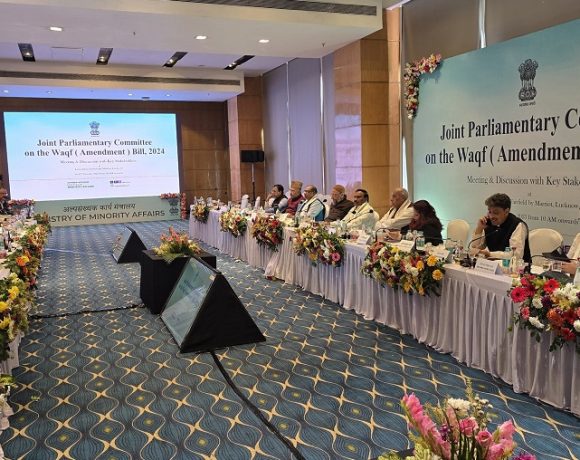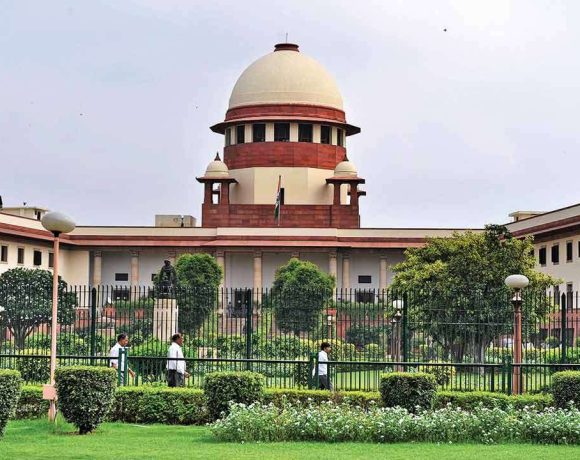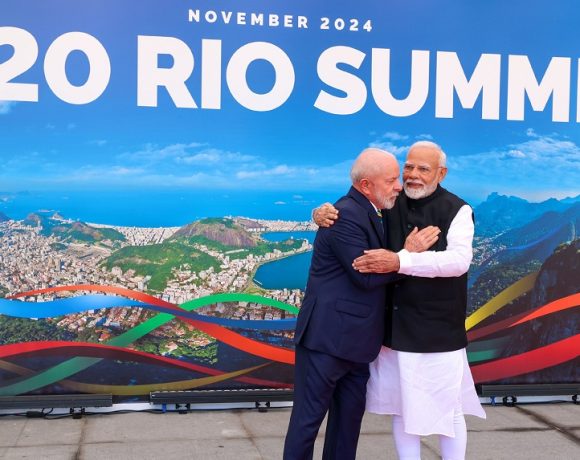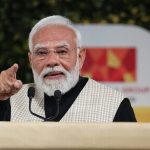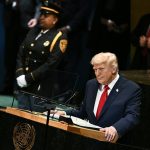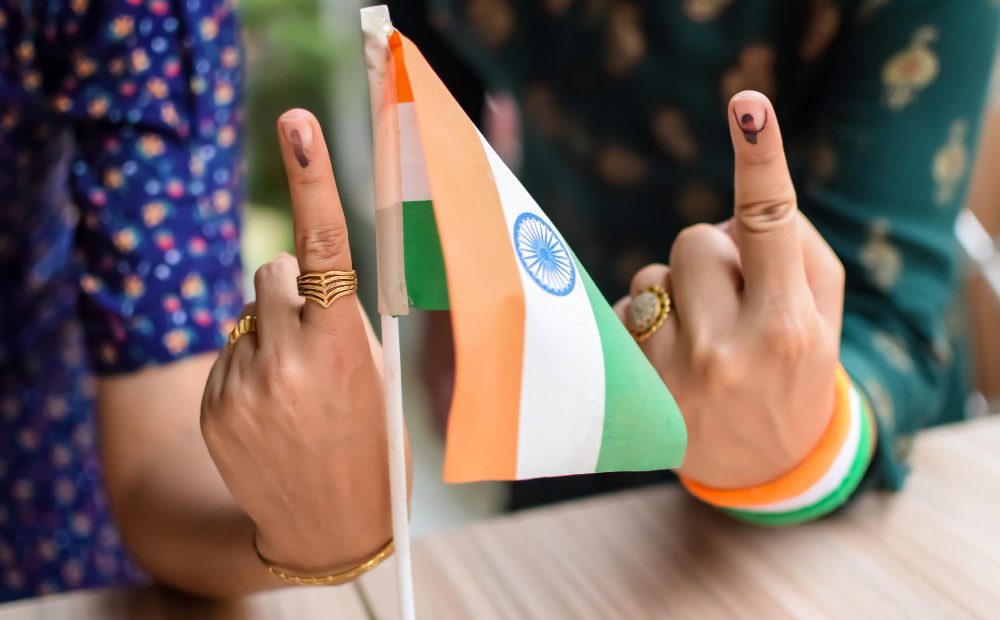
Centre to Introduce One Nation, One Election Bill in Lok Sabha
The Union government is set to introduce the ‘One Nation, One Election’ bill in the Lok Sabha, aimed at conducting simultaneous elections for the Lok Sabha and state assemblies across India. The proposed legislation, a significant political and electoral reform, has been a topic of intense debate and scrutiny.
Objective of the Bill
The One Nation, One Election concept seeks to synchronize elections to the Lok Sabha and all state legislative assemblies, ensuring they occur simultaneously every five years. The primary objective of the bill is to streamline the electoral process, minimize disruptions caused by frequent elections, and reduce government expenditure on elections.
A government official noted that “Simultaneous polls will help in improving governance, avoiding repetitive election-related costs, and ensuring the nation is in constant development mode.” The bill is expected to be introduced in the ongoing parliamentary session after receiving approval from the Union Cabinet.
Benefits and Concerns
Supporters of the bill argue that frequent elections disrupt governance and hinder developmental work. They believe a synchronized election schedule would allow the government to focus on policymaking and implementation without constant political distractions. Additionally, reducing the repetitive costs of conducting elections will save significant resources.
However, critics, including opposition parties, have raised concerns regarding the feasibility of implementing such a measure in a diverse country like India. Questions about constitutional amendments, coordination between the Centre and states, and logistical challenges remain key points of contention. Some leaders have described the proposal as potentially “anti-federal,” asserting it may undermine state autonomy.
Political Reactions
While the ruling party has advocated for the bill as a step toward efficiency and governance, opposition parties have called for a detailed discussion on its implications. The bill’s introduction is expected to trigger intense debates in Parliament, with leaders from various political spectrums expressing their reservations and support.
If passed, the One Nation, One Election bill could mark a historic shift in India’s electoral system. The government plans to engage stakeholders, including political parties and the Election Commission, to ensure smooth implementation.
The proposal underscores the Centre’s efforts to reform the electoral process, with simultaneous polls seen as a solution to India’s recurring election cycle.


